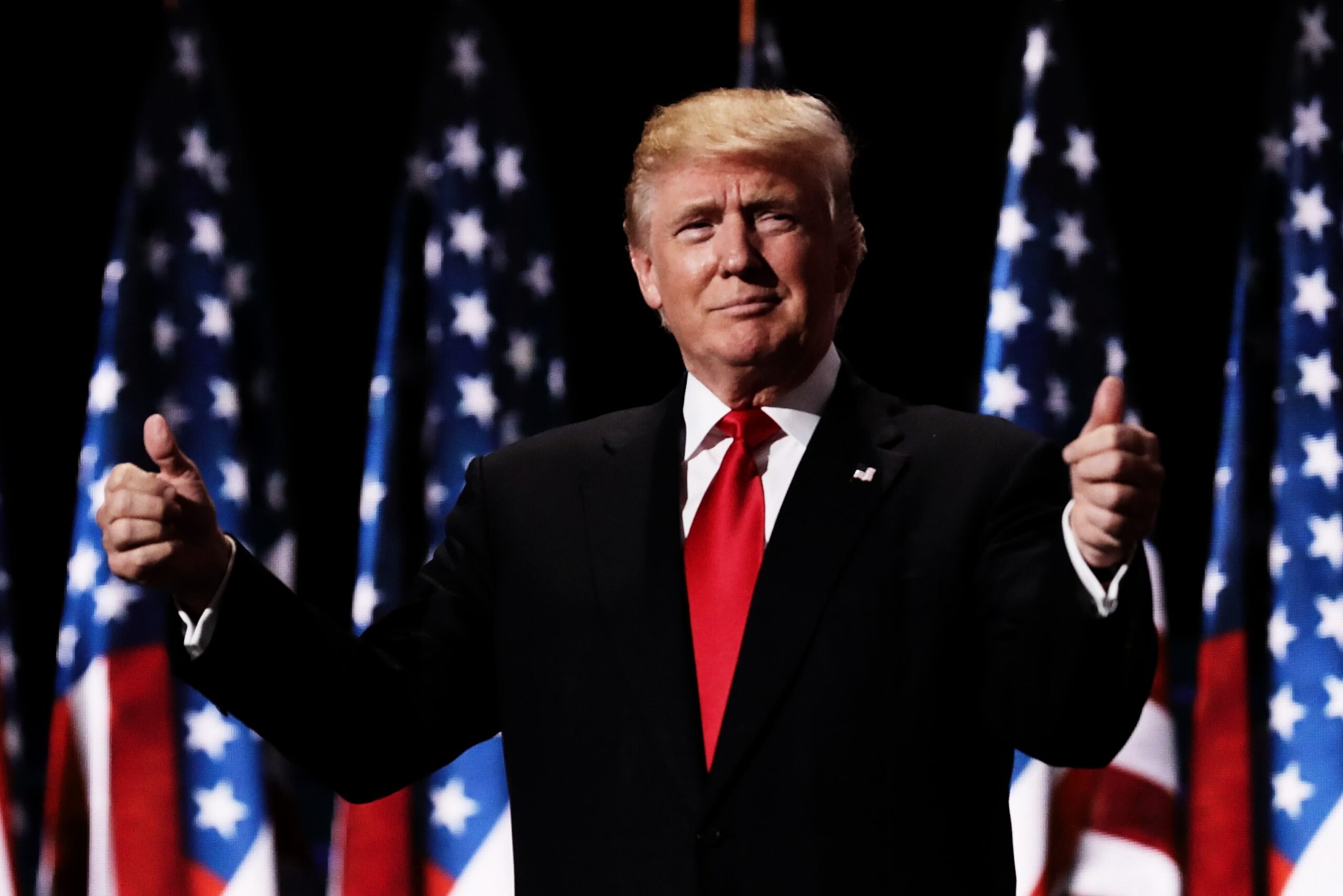On Monday, the U.S. Supreme Court granted a victory to former President Donald Trump’s campaign as the ongoing attempt to disqualify him from the ballot in multiple states for the 2024 election progresses.
“The Court denied a writ of certiorari petition from John Castro, a registered Republican candidate for president in 2024, who sought to have Trump removed from the ballot in Arizona,” Newsweek reported.
“Castro, John A. V. Fontes, AZ Sec. Of State, et al. The petition for a writ of certiorari before judgment is denied,” the high court said in its ruling, which rejected a review of an earlier decision to allow Trump on the ballot in the state.
Castro had initiated legal action in multiple states to remove Trump from the ballots due to alleged ties to the January 6 riots and efforts to overturn the 2020 election.
Despite his efforts, U.S. District Judge Douglas L. Rayes dismissed Castro’s case in December, leading him to appeal to the U.S. Supreme Court.
The judge determined that Castro lacked standing for his claim and was not truly competing with Trump.
Ultimately, in March, the Supreme Court ruled in favor of allowing Trump to be on the ballot for the 2024 election in Colorado, overturning a previous decision by the state’s Supreme Court.
Legal analyst Elie Honig predicted that the Supreme Court would rule in favor of Trump across various 14th Amendment cases aimed at excluding him from future ballots, citing potential scenarios and questions that led him to believe this outcome was likely.
“Nobody knows for sure how this is going to go. No practitioner, no law professor, no retired judge, no Twitter icon, no TV analyst or former prosecutor (ahem) can rightly make bold declarations about how the ongoing legal Armageddon over the 14th Amendment will ultimately come out,” Honig began in his column for the New York Intelligencer. “…[W]e can draw on adjacent examples, but we’ve never seen anything quite like the ongoing effort to disqualify Donald Trump from the 2024 presidential ballot.”
Throughout the nation, the overwhelming majority of challenges under the 14th Amendment have failed to prevail. Secretaries of State, state courts, or federal judges have dismissed many of these challenges for various reasons. Yet, a recent shift has been observed in Colorado and Maine where they have diverged from this pattern and, albeit temporarily, determined that Trump played a role in an insurrection. As a result, they have prohibited his inclusion on their 2024 ballots, as highlighted by Honig.
“In his petition for review, Trump makes somewhere between seven and ten arguments against his disqualification, depending how thinly we slice the pie. The Court might rule on all of them, or some, or none at all; it might find for Trump on some issues but against him on others; or it could import a rationale that Trump has not even raised. The permutations are dizzying, mathematically,” Hoenig wrote.
He believed that the Supreme Court’s priority was to make a swift and clear decision on the matter in order to prevent further legal battles and inconsistent interpretations of the 14th Amendment’s insurrection clause among different states.
“The Court has every incentive to use a silver bullet here. One shot, and we’re done,” he said.
Imagining a situation where the court defies the general expectation and supports Trump’s disqualification by the Colorado Supreme Court, such a decision would suggest that states have the power to interpret and apply the 14th Amendment based on their own processes, Honig explained.
ICYMI: Judge Rules in Favor of Trump in Fight Over $175 Million Bond




